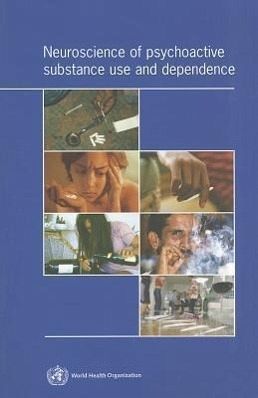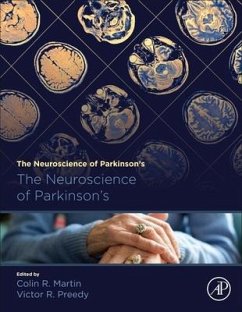
Neuroscience of Psychoactive Substance Use and Dependence
Versandkostenfrei!
Nicht lieferbar
Neuroscience of Psychoactive Substance Use and Dependence provides an authoritative summary of current knowledge of the biological basis of substance use behaviours, including their relationship with environmental factors. The report focuses on a wide range of psychoactive substances, including tobacco, alcohol and illicit drugs. New developments in neuroscience research are discussed (e.g., mechanisms governing craving, tolerance, neuroadaptation, immunotherapies and the concept of dependence) as well the ethical implications of these developments. As the product of consultations with and con...
Neuroscience of Psychoactive Substance Use and Dependence provides an authoritative summary of current knowledge of the biological basis of substance use behaviours, including their relationship with environmental factors. The report focuses on a wide range of psychoactive substances, including tobacco, alcohol and illicit drugs. New developments in neuroscience research are discussed (e.g., mechanisms governing craving, tolerance, neuroadaptation, immunotherapies and the concept of dependence) as well the ethical implications of these developments. As the product of consultations with and contributions from many international experts and partners, the best available evidence is provided from the various schools of thought and areas of research in the field of neuroscience. Neuroscience of Psychoactive Substance Use and Dependence is targeted at individuals with more than a basic knowledge of neuroscience, including scientists from a number of disciplines. It is expected that this publication will be of interest to health care workers, clinicians, social workers, university students, science teachers and informed policy makers.









